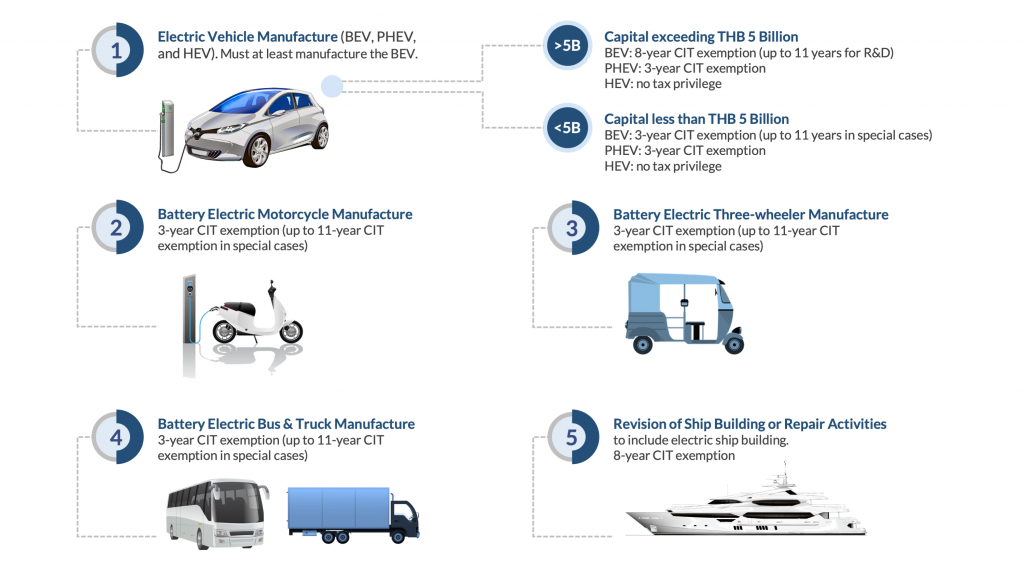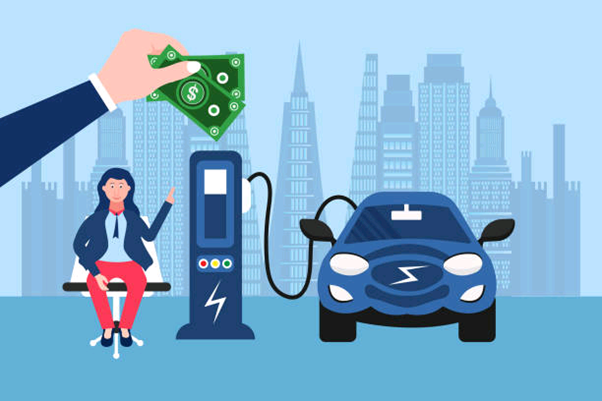The world is moving towards sustainability, and electric cars (EVs) are leading the charge in reducing carbon emissions. Governments across the globe are offering incentives and tax benefits to encourage consumers to make the switch from traditional gasoline vehicles to electric ones. These incentives play a crucial role in making EVs more accessible and affordable, helping consumers save money and reduce their carbon footprint. In this article, we will explore the various government incentives available for electric car buyers, from tax credits to rebates, and how these benefits can make owning an electric car an attractive option. Whether you’re considering an EV for environmental reasons or looking to take advantage of cost savings, understanding the available incentives is essential in making an informed purchase.
Understanding Government Incentives for Electric Vehicles

Government incentives for electric vehicles vary widely depending on your location. In many countries, governments are offering various programs designed to make the transition to electric cars easier and more affordable. These incentives come in the form of tax credits, rebates, subsidies, and exemptions from certain fees. The goal is to encourage widespread adoption of electric cars to reduce dependence on fossil fuels and promote sustainable transportation options.
Types of Government Incentives
- Tax Credits
One of the most popular incentives for electric car buyers is the tax credit. Governments, particularly in countries like the United States, offer federal and sometimes state-level tax credits for purchasing new electric vehicles. In the U.S., for example, buyers can qualify for a federal tax credit of up to $7,500 depending on the make and model of the EV. This credit reduces the amount of tax owed by the consumer, directly lowering the overall cost of the car. - Rebates
In addition to tax credits, some regions offer cash rebates for electric vehicle purchases. These rebates can be applied directly at the point of purchase, further reducing the upfront cost of the vehicle. Rebates are typically offered by state or local governments and may vary based on the electric vehicle’s battery size, range, and other factors. - Subsidies for Charging Infrastructure
Many governments also provide subsidies for installing home charging stations. These incentives can cover a portion of the installation cost for residential charging equipment, helping consumers save money on the necessary infrastructure to keep their EVs charged and ready to go. - Exemptions from Road Taxes and Fees
Some governments offer exemptions from road taxes or registration fees for electric vehicles. These incentives can add up over time and make owning an EV more affordable in the long run. Additionally, electric cars may be granted access to carpool lanes, which can save time during peak traffic hours. - Free or Discounted Parking
In certain regions, EV owners can take advantage of free or discounted parking. This benefit is often provided in areas where charging stations are available, allowing drivers to park their electric vehicles without worrying about additional costs. - Incentives for Fleet Purchases
Businesses and organizations that purchase electric vehicles for their fleets may also benefit from government incentives. These incentives can include tax breaks, rebates, and grants, which make switching to an electric fleet a more cost-effective option.
Affordable Electric Car Options for Buyers
While the upfront cost of electric vehicles can still be higher than traditional gasoline-powered cars, government incentives make EVs more affordable. In recent years, the price of electric cars has been decreasing as battery technology improves and automakers introduce more affordable options. Let’s take a look at some affordable electric cars that benefit from government incentives.
Popular Affordable EVs
- Chevrolet Bolt EV
The Chevrolet Bolt EV is one of the most affordable electric cars on the market. With a starting price below $30,000, the Bolt offers a long-range battery, advanced safety features, and a spacious interior. With the federal tax credit, buyers can reduce the cost even further, making it an excellent option for those looking for an affordable EV. - Nissan Leaf
The Nissan Leaf has long been a popular choice for budget-conscious electric vehicle buyers. Starting at around $27,000, the Leaf offers a practical design, a reliable range, and an accessible price point. Thanks to available rebates and tax credits, the Nissan Leaf remains one of the most affordable options for first-time EV buyers. - Hyundai Kona Electric
The Hyundai Kona Electric offers a balance of affordability and performance. With a starting price around $34,000, the Kona Electric features a long range and a compact SUV design. The federal tax credit and state-level incentives can bring the price down, making it a great choice for those looking for a more versatile electric car. - Ford Mustang Mach-E
Ford’s Mustang Mach-E is a more premium electric SUV, but it still remains competitive in price. With a starting price under $45,000, the Mach-E offers a stylish design, advanced technology, and a solid range. When combined with federal and state incentives, the Mach-E becomes a more affordable option for those seeking a high-performance electric vehicle. - Tesla Model 3
The Tesla Model 3 is one of the most well-known electric vehicles in the world. While its starting price is higher than some other options at around $39,000, the Model 3 benefits from Tesla’s reputation for innovation, performance, and range. The availability of federal tax credits, along with state incentives, makes the Model 3 an appealing choice for many buyers.
How to Maximize Your Savings with Government Incentives
To get the most out of available government incentives, buyers need to stay informed about the various programs and their requirements. Here are a few tips to maximize savings when purchasing an electric car:

- Check Eligibility
Not all electric cars qualify for the same incentives. It’s important to check whether your vehicle of choice meets the criteria for tax credits, rebates, and other programs. For example, certain high-end EVs may be ineligible for certain incentives, while others may offer more significant rebates for low-income buyers. - Consider State-Level Incentives
In addition to federal incentives, many states offer their own programs. These can include additional rebates, tax credits, and exemptions. Research the incentives available in your state to determine if you can stack these benefits on top of the federal incentives. - Look into Local Programs
Some local governments, municipalities, and utility companies offer additional incentives, such as free or discounted charging equipment or rebates for the installation of home charging stations. These local programs can significantly reduce the cost of owning an electric vehicle. - Timing Your Purchase
Government incentives for electric vehicles may change over time. Some incentives have limited funding or specific time frames in which they are available. Buyers should consider timing their purchase to ensure they can take full advantage of these programs.
The Future of Electric Car Incentives
As the push for sustainable transportation grows stronger, governments around the world are expected to continue expanding incentives for electric vehicles. These programs are likely to evolve and become more widespread, with additional benefits for electric car buyers and greater support for charging infrastructure.
In the U.S., for instance, the Biden administration has proposed increasing tax incentives for electric vehicle buyers, including expanding the availability of rebates for used EVs. Other countries, such as the United Kingdom, are also ramping up efforts to increase electric vehicle adoption through tax breaks and investments in charging networks.
Conclusion
Electric vehicles are revolutionizing the automotive industry, offering a cleaner and more sustainable transportation option. Thanks to government incentives, owning an EV is becoming more affordable for consumers. Whether it’s through federal tax credits, local rebates, or subsidies for charging infrastructure, there are numerous opportunities to save money when purchasing an electric car. By staying informed about available incentives and choosing the right EV, buyers can make the transition to electric driving without breaking the bank. As electric cars become more accessible and widespread, they will play a key role in reducing carbon emissions and creating a greener, more sustainable future for all.

Leave a Reply